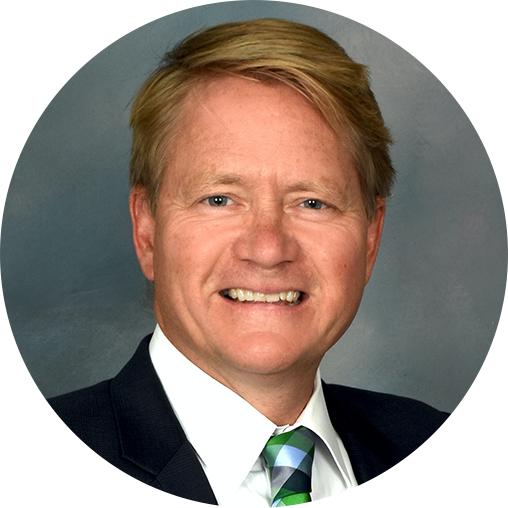Backward Progress: For Better Results, Start at the End
How goal-based planning can work for you.
It began with three friends sitting on a balcony in Panama talking about where they wanted to go in life. Sipping our gin and tonics on a warm summer evening, overlooking the beautiful Pacific Ocean, we talked briefly about things we had accomplished and what was going on in our lives. And then we started talking about the future.
Planning for the future
We quickly realized that what we all wanted to do was to create something new and unique with our lives. In addition, our particular collective skill sets had the makings of a promising business. We all had many years of experience with large global corporations but now was the time to use our entrepreneurial DNA to create something for the future. None of us had brought a laptop or even a notebook, so we used a cocktail napkin to sketch out a business plan. Once we agreed on our shared goals, we worked backward to develop the ideas and processes on which we’d build our business. In the future were the things we had a passion for in business–improving the way companies operate. The napkin still sits in our corporate archives.
So, the planning stages of SynFiny–my current company–didn’t begin with a tallying of our financial resources, running a detailed market analysis, canvassing the world of business for better ideas, or delivering a wordy PowerPoint presentation. It began with the final destination and developed from there.
Start where you want to go
Often in life, we’re told to start at the beginning–to focus on where we are before we even think about where we’re going. Often this is good advice. When it comes to business planning, however, sometimes the opposite approach works best: Start at the end and work backward. Visualize your goals and desired results. Then reverse-engineer your plan from where you want to end up.
When we’re taking a trip somewhere, the first thing we need to know is where we’re going. The same can be true in business. If we don’t have a clear idea of where we want to go, we’re inevitably going to waste time, effort, and who knows what other resources in getting anywhere.
Goal-based planning is a great way to keep your focus on what really matters: the results. With traditional, one-step-at-a-time plotting, it’s easy to get caught up in potential complications and difficulties. The planning becomes defensive and focused on defeating or avoiding obstacles. Next thing you know, your goals and dreams have been scaled back because of future problems that might not even happen.
To be clear, results-based planning is not about ignoring potential challenges. It’s about not letting the challenges become the focus of your plan or your efforts. It’s about creating and maintaining a positive, successful mindset that knows where it’s going and how to get there.
So, the next time your business needs a plan, don’t feel compelled to start at the beginning. Start at the end and see what happens.
For more information, please visit synfiny.com.


